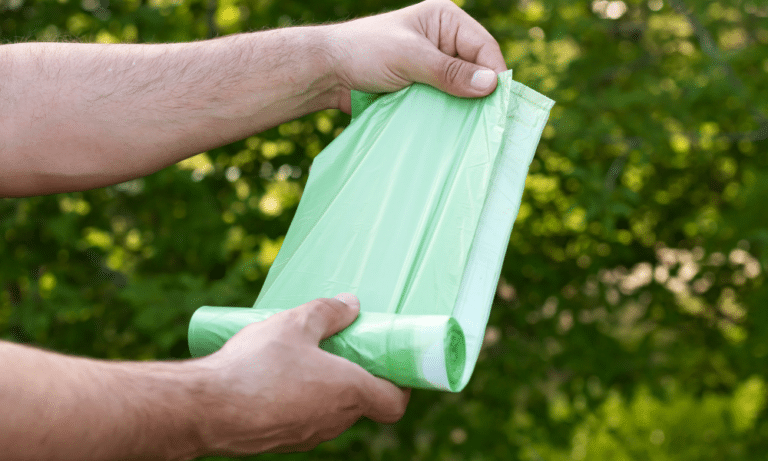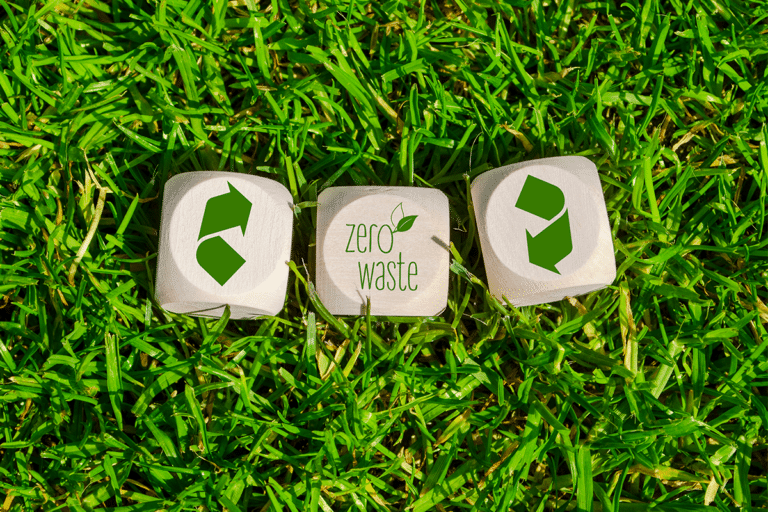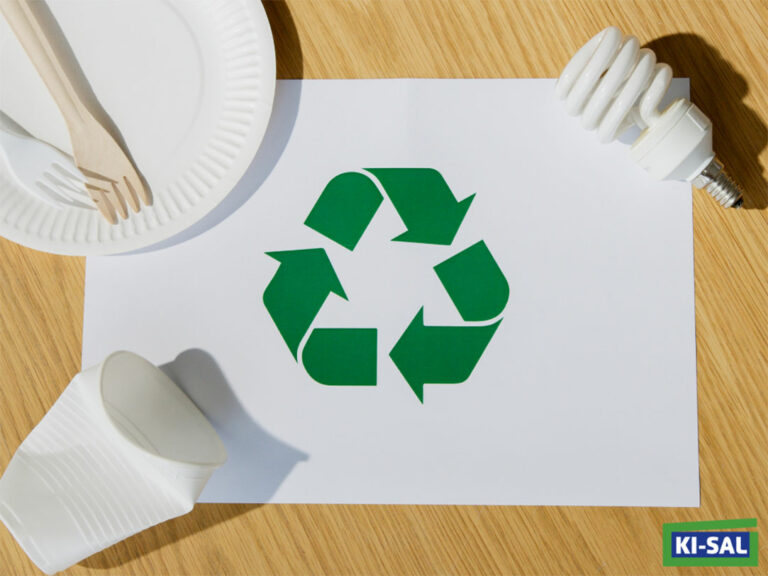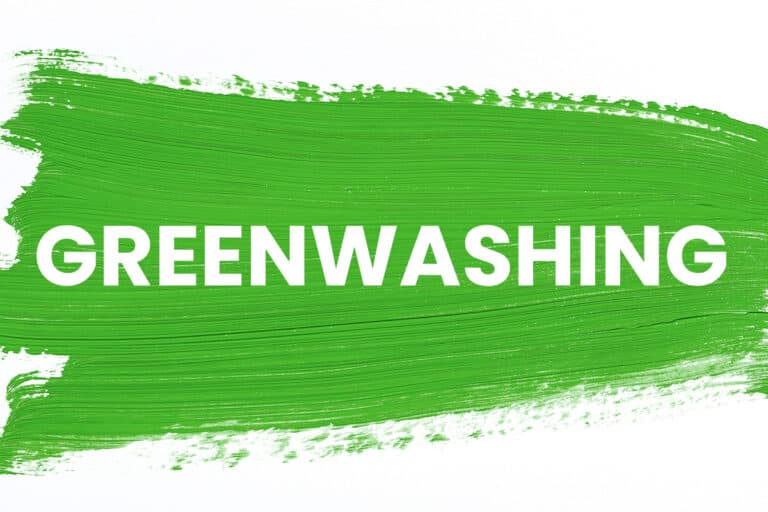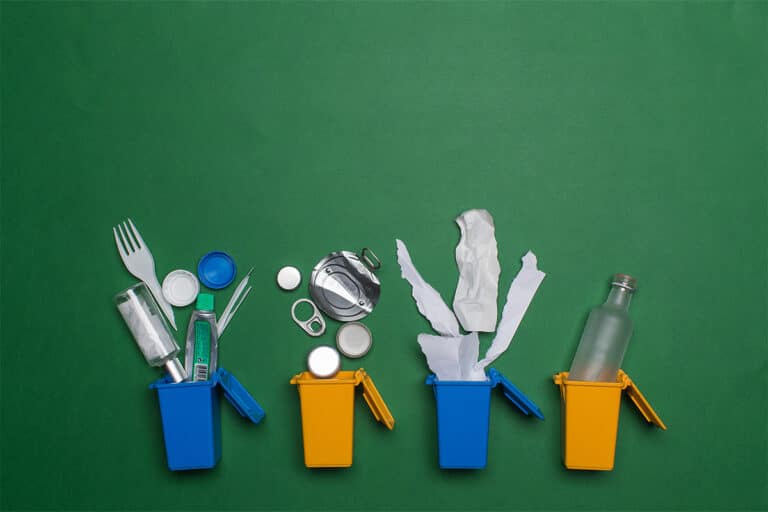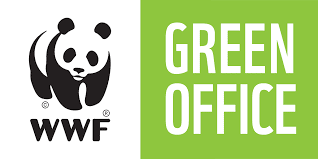The EU Deforestation Regulation Also Affects the Packaging Industry
The EU Deforestation Regulation (EUDR) has sparked a lot of discussion throughout 2025. Earlier in the autumn, it seemed that the application of the regulation might be delayed, but the latest proposal from the European Commission states that implementation will proceed as planned at the end of the year, in stages. The proposal will still be reviewed by the Member States and the European Parliament before any changes can enter into force.
The purpose of the EUDR is to reduce deforestation and forest degradation worldwide. To achieve this, the regulation aims to ensure that no products linked to deforestation are placed on the EU market.
The regulation covers the entire supply chain — from import to export and domestic production. It applies to seven key raw materials: wood, cattle, cocoa, coffee, soy, oil palm, and rubber, as well as products made from these. A detailed list of the products covered by the regulation can be found in Annex I of the EUDR.
The packaging industry is also affected, as paper- and board-based packaging falls within the scope of the regulation when the raw material used originates from wood.
What Does The Deforestation Regulation Mean in Practice?
The EUDR requires companies to know the origin of their products more precisely than before. In practice, any company placing products on the EU market must be able to demonstrate that the raw materials it uses are not sourced from areas affected by deforestation and that they have been produced legally.
For carton-based packaging, this means, for example, that a company must be able to provide geolocation data for the trees harvested to produce the raw material used in the packaging.
The specific obligations depend on the company’s role in the supply chain – whether it acts as an operator or as a trader. These roles are described in more detail on the website of the Finnish Food Authority (Ruokavirasto).
Operators are responsible for maintaining an appropriate due diligence system (DD system) to ensure compliance with the regulation.
The DD system is the operator’s own written, risk-based process for collecting and evaluating information to verify that products placed on the market comply with the EUDR.
For data submission, the EUDR Information System is used, where operators must file an electronic due diligence statement confirming that their products meet the requirements of the regulation.
Traders, on the other hand, must ensure that the due diligence statements are available and that the supply chain remains transparent.
What Happens Next?
Although not all details are yet known, it is clear that the implementation of the EUDR is progressing and that companies should begin preparing for its requirements.
In practice, this means that supply chain management and data collection systems must be in order before the regulation starts to apply.
At Ki-Sal Oy, we closely follow the development of the EUDR and update our internal processes as implementation and practical guidance become clearer.


